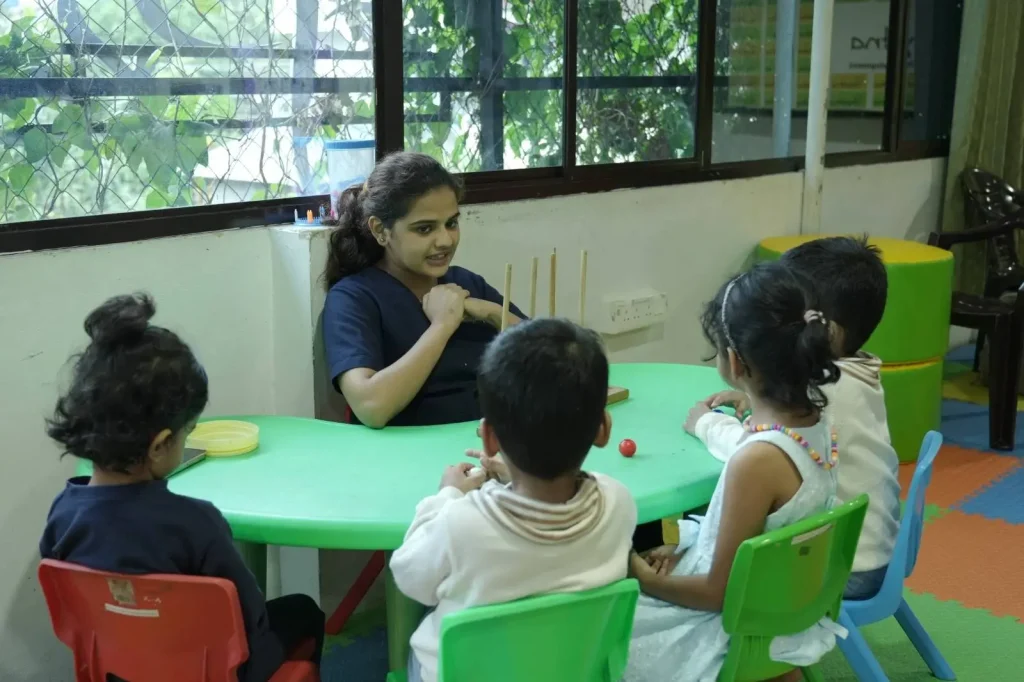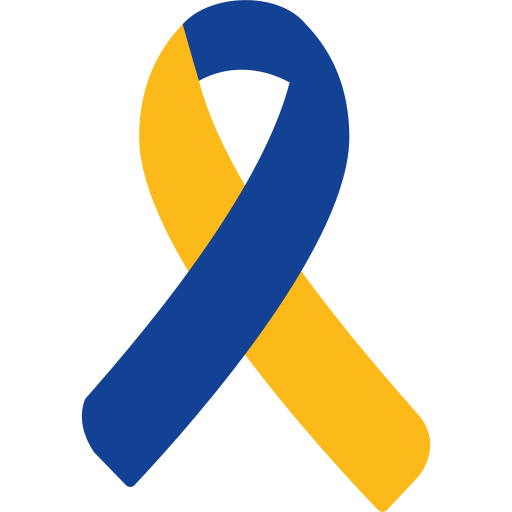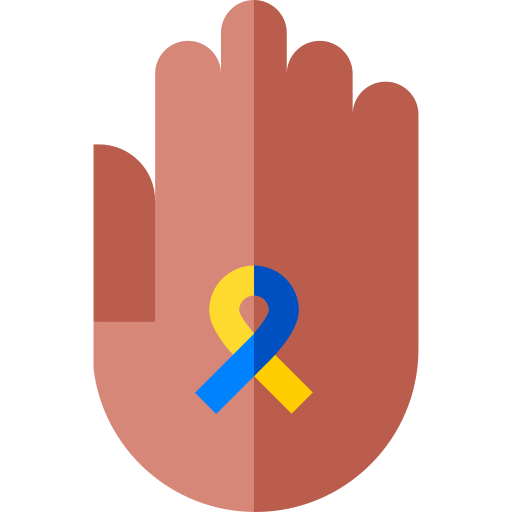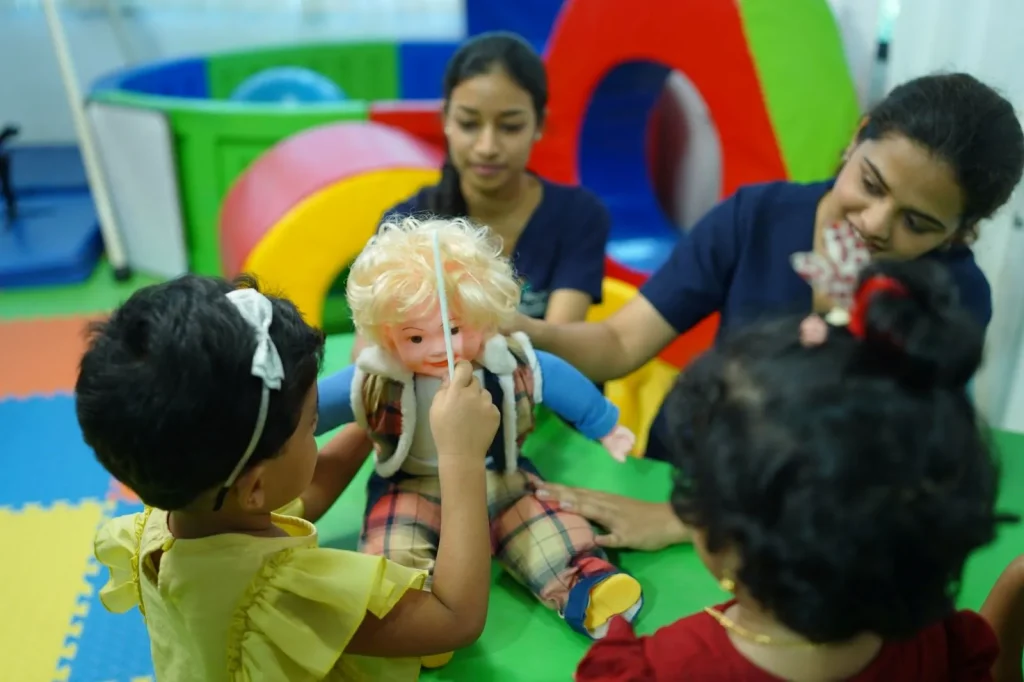Autism treatment often involves a customized, multidisciplinary approach that caters to the individual child’s specific needs and abilities. Applied Behavior Analysis (ABA) therapy is a widely recognized effective intervention that focuses on behavioral strategies to improve a child’s social, communication, and daily living skills. To address specific challenges associated with autism spectrum disorder, speech therapy, occupational therapy, and social skills training may also be included in the treatment plan. Early intervention and consistent support from caregivers are pivotal in achieving the best possible outcomes for children with autism.











